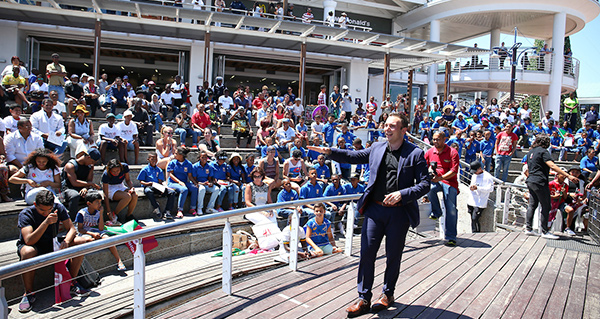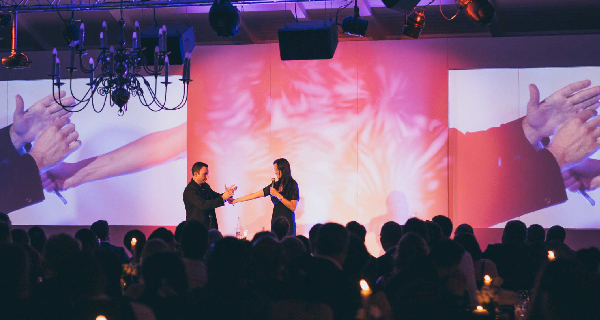I think it is safe to say that my job includes a fair amount of travel. After recently visiting 8 countries in 10 weeks, I wanted to impart some of my wisdom to those planning a trip in the future. So here I have just a few tips and tricks that I use or have learned over the years of travelling.
Making the bookings
If you are planning a trip in advance, subscribe to a few airline or travel websites’ newsletter. That way you will get notified of all the specials and deals and you may just get lucky!
If you are planning a holiday and you don’t need to be in a certain city on a specific date, look for flights around that date as there may be a more affordable option.s You may have wanted to fly on a Friday but opting for a Tuesday may save you quite a few pennies! When you do your search for flights online, there is usually a little button that says “flexible dates”. Click that one and explore the different rates.
Don’t travel light? Look for airlines like Qatar that allow up to 45kg per person instead of the usual 23 kg.
For holidays, try Airbnb rather than a hotel. The first time I used AirBnB was about 2 years ago in New York. It was a bit daunting not knowing what to expect from a service like this, but the experience was amazing and we ended up paying almost a third of what we would have paid for a hotel in Manhattan. Booking on AirBnB means you can have an entire apartment or house to yourself where you can cook and go about your business. It usually also ends up being more spacious than a hotel room. Airbnb also has many amazing discounts for long stays. In some cases it is cheaper to book for 4 weeks than 3!!
Getting Ready
After you have booked your flight, you can choose your seats as well as a meal preference beforehand. The different meals range from low calorie, low salt, vegan or vegetarian, gluten free and so much more. If you do have a dietary restriction, there is a good chance you will be covered.
The back of a flight is usually emptier, so you are more likely to score an empty seat next to you. If you are travelling with someone or a group, book your seats in such a way to leave single seats open in between each person. Chances are, if the flight is not full, a single person will not squeeze in between two other people and they would choose another seat. If the flight is full and that open seat gets taken, simply ask that person if you could swop to sit with your friend or significant other.
Are you hot or cold blooded? The window seats tend to be warmer than the isle, especially on local flights in summer.
Always pack a small umbrella! I have been caught off guard a few times with rainy weather in a foreign country, even outside their rainy season.
ALWAYS leave room in your suitcase for shopping, even if you think you won’t be shopping.
Make sure you know what is allowed in your carry on. There isn’t much room for negotiations at airport security. So, if you accidently packed your favourite big bottle of cologne or perfume in your carry on, and you can’t go check it in, you can say goodbye to that item!
Travelling Internationally:
Withdraw a large some of spending money and exchange it to the currency you will be using. Each time you swipe your card internationally you get charged a sometimes-hefty fee. You will also need cash at some shops, as well as for tips and so on.
Go on, get that sim card! Most tourists think they can get away with just connecting to wifi, but believe me, being connected in a foreign land is so much easier. If you need to find your way or translate a sentence, you will be able to. Most countries’ data fees are lower than what South Africans are used to. Also, you will need your passport when purchasing a sim card so don’t leave that in your room.
If it is a country that speaks a foreign language, learn a few sentences to get by. The locals will also really appreciate it.
For the best, most authentic meals, stay clear of the tourist’s spots. Ask some locals which places they would recommend, and where they eat. It will most often than not also be cheaper.
And then my last and most important tip is to just have fun and don’t sweat the small stuff. Safe travels!!





